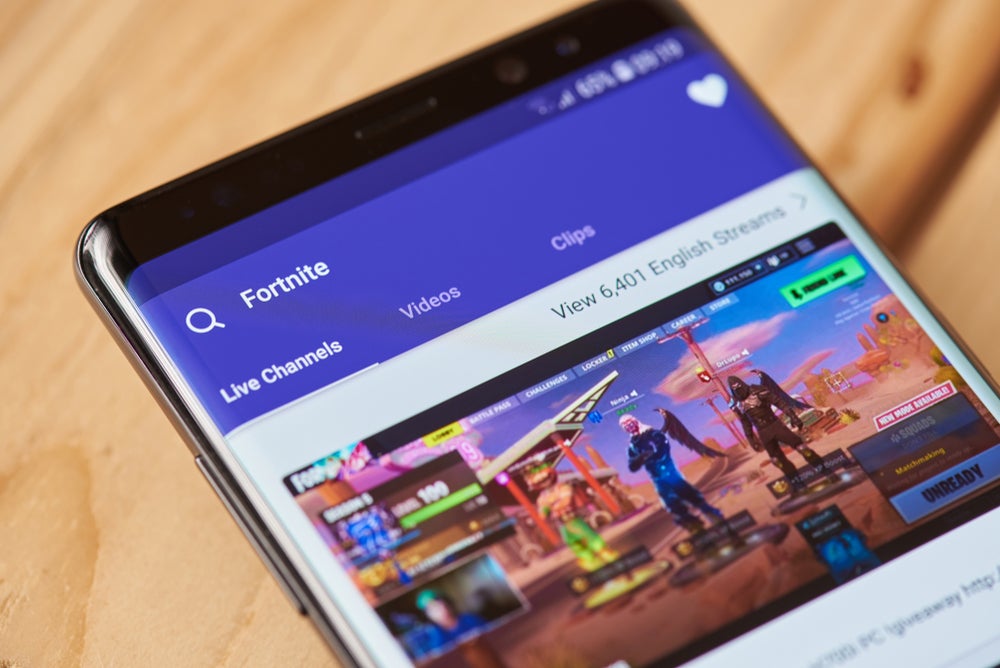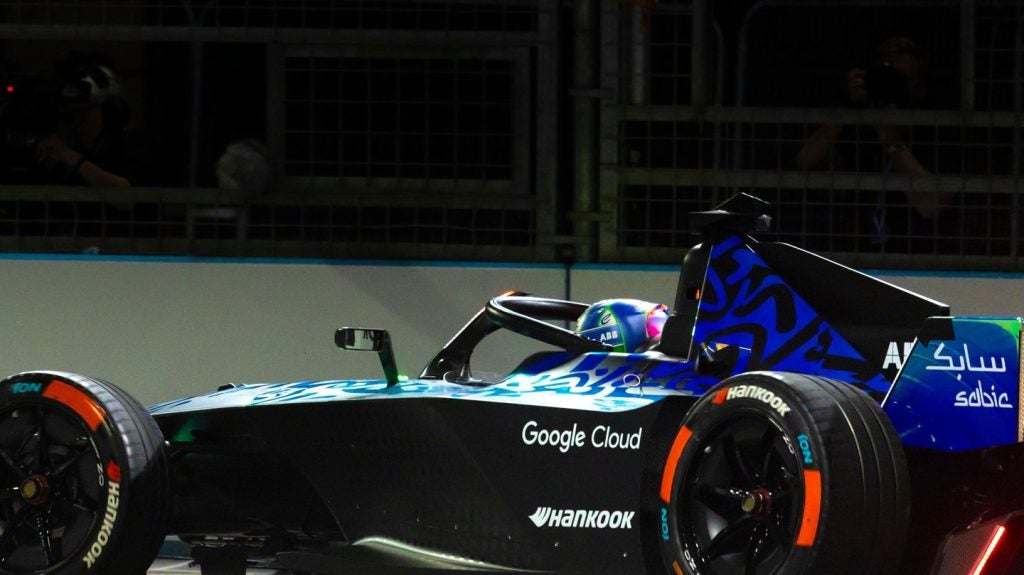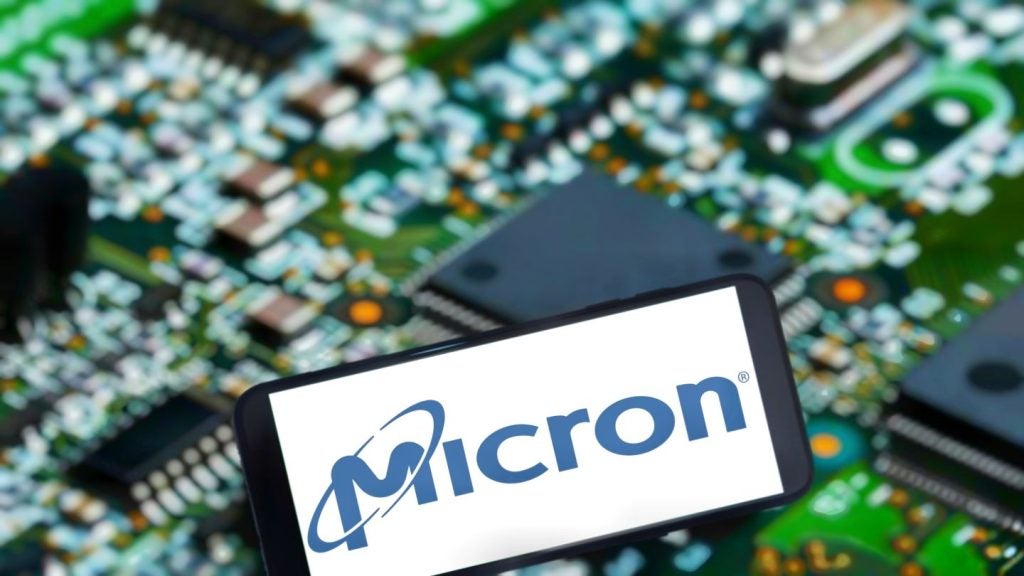Live service games are titles with a long-term revenue model, where players will continue to spend money, often on microtransactions, throughout the game’s life.
The base game is frequently free, as is the case with Marvel Rivals. These games thrive or fail based on how well they can keep players engaged, often through daily challenges or bonuses, and there is a hope behind each that it will become the next Fortnite or Helldivers 2.
These kinds of games have been a mainstay in the gaming space for years. However, 2024 was a disappointing year for live service games, with several high-profile failures. It is still early, but can Marvel Rivals buck the trend?
The live service graveyard
It has been a difficult few years for the gaming industry, with dismissals and belt-tightening across the board. GlobalData’s 2024 Video Games report stated, “Many gaming companies undertook mass layoffs after Covid-19 as they had expanded too quickly during the pandemic.” As a result, gaming companies are more risk-averse. It used to be that a game could rebound from losing players or a rocky launch, but publishers now prefer just to cut their losses.
2024 saw the release and rapid delisting of Concord. Sony’s multiplayer shooter launched to just 700 simultaneous players on Steam and sold a meager 25,000 units in its first week. Just over a week after its release, Sony removed the game from digital storefronts and refunded all sold copies. Its failure has been attributed to a lack of identity and run-of-the-mill mechanics, but the primary failure was no doubt its hefty price tag. Concord was released as a full-price game in a market saturated by free-to-play competitors.
Suicide Squad: Kill the Justice League is a similar story. After middling reviews and poor fan reception, the game limped on for almost a year before developer Rocksteady announced it would stop supporting the game in January 2025. Elsewhere, it was announced in 2024 that servers for Ubisoft’s XDefiant would be closing in June 2025, despite an initially high player count for the live service shooter.
How well do you really know your competitors?
Access the most comprehensive Company Profiles on the market, powered by GlobalData. Save hours of research. Gain competitive edge.

Thank you!
Your download email will arrive shortly
Not ready to buy yet? Download a free sample
We are confident about the unique quality of our Company Profiles. However, we want you to make the most beneficial decision for your business, so we offer a free sample that you can download by submitting the below form
By GlobalDataHow Marvel Rivals can succeed
A month on from release, the hype around Marvel Rivals does not look to be dying. At the time of writing, the game had more than 400,000 simultaneous players on Steam over the last 24 hours. But why has this game succeeded where others have failed so dramatically?
Firstly, and probably most importantly, it is free to play. That already puts it ahead of Concord and Suicide Squad: Kill the Justice League and their high price of entry. There are microtransactions in the game, but so far, these are all cosmetic enhancements, meaning no money is needed to succeed in the game.
Secondly, the game has the entire weight of the Marvel Universe behind it. Of course, Suicide Squad: Kill the Justice League was a spinoff of the highly popular Batman: Arkham series. However, this was another strike against it for many, who saw the colorful cooperative shooter as an insult to its gritty single-player parent franchise.
On the other hand, Marvel Rivals advertises itself as a fresh take on the myriad existing characters that exist across decades of Marvel lore—but not so fresh as to be unrecognisable. Unlike XDefiant and Concord, which were both criticised for being overly familiar, drawing comparisons to other more successful games, Marvel Rivals promises to be its own thing.
Finally, the game exists in the sweet spot of being extremely easy to pick up but more challenging to master. This helps to keep players invested as they try to become experts in their chosen characters but makes the game approachable for new players of all ages.
Whether these points in its favour will translate into long-term success remains to be seen. The first official season begins in January 2025 and introduces new characters and maps.
If developer NetEase continues supporting the game and keeps it feeling fresh, it could be around for a long time, bringing in massive amounts of revenue. However, as demonstrated in 2024, for live service games, nothing is certain.








